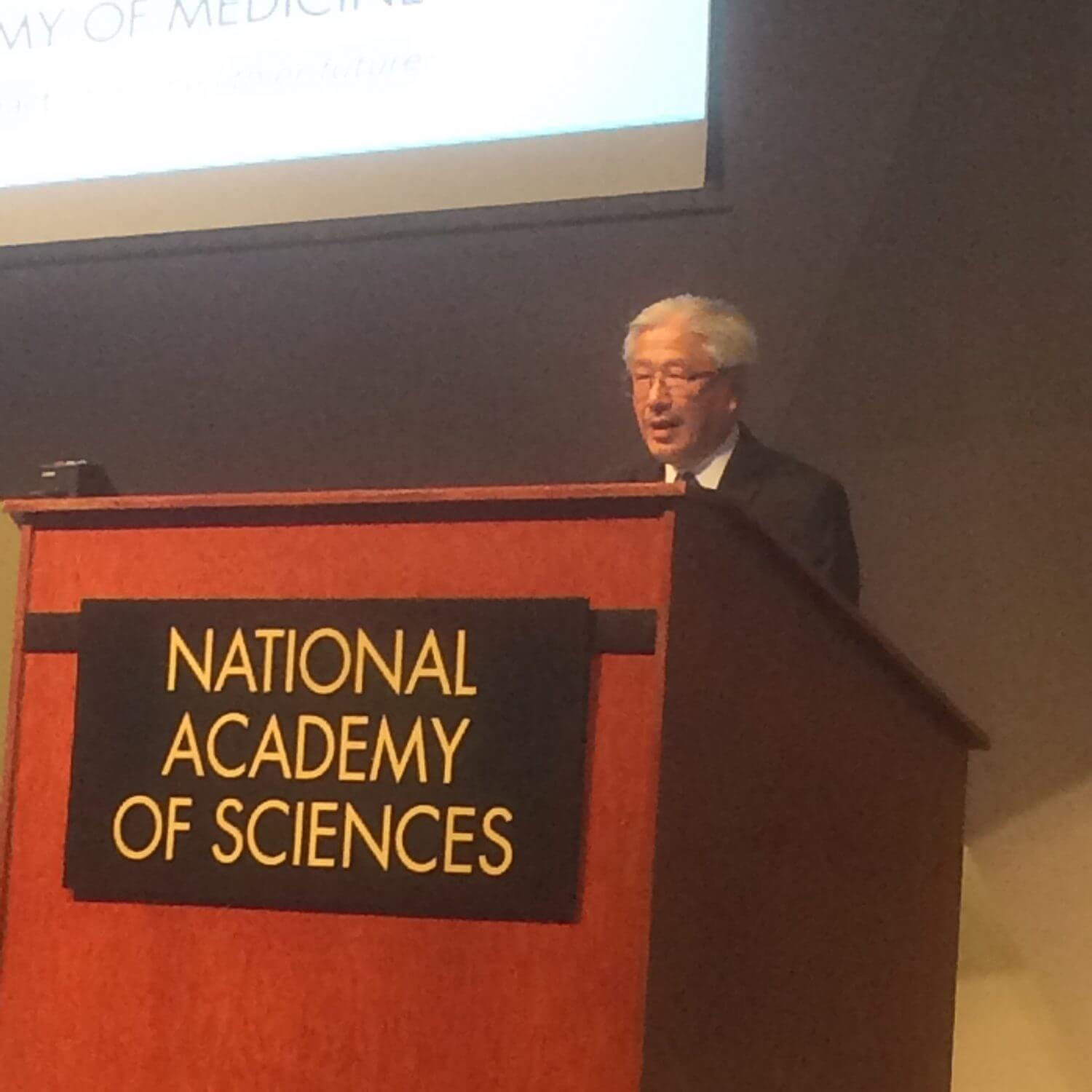WASHINGTON – The global community needs to invest more in research and development on global pandemics beyond the Zika outbreak, health care experts said Tuesday.
The workshop at the National Academies of Science came after President Barack Obama called on Congress last week to accept his budget proposal to provide more than $1.8 billion in U.S. emergency funding for Zika care and research.
Zika remains a major concern, but the bigger problem is that the world is still underprepared and underinvested when it comes to future outbreaks of contagious diseases, said Dr. Victor Dzau, president of the National Academy of Medicine at NAS.
Dzau cited a recent report arguing that $4.5 billion annually from global sources should go to creating a better global framework for combatting infectious disease outbreaks, with $1 billion going to diagnostics, vaccines and other research. The call was for international leaders, research and development stakeholders and other non-state actors. The report was issued by the Commission on a Global Health Risk Framework for the Future, and headed by the National Academy of Sciences.
“Zika is just another wakeup call,” Dzau said at the workshop on Zika research priorities. “We need a global architecture to reduce and mitigate the next global health crisis.”
The proposed multi-billion investment is modest compared to the costs of Zika and other potential outbreaks, the report said. It estimates that global pandemics in the 21st century could cost over $6 trillion – and more than $60 billion per year on average. The calculated loss is the amount of money the global economy will lose on average each year of the century, the report said of its methodology. The figures were calculated by multiplying the probability of a loss of revenue occurring in any year – 3 percent– by the size of the loss. The committee got that percentage by observing three flu outbreaks from the 20th century.
The workshop and those like it are meant to get the research community together to create recommendations and release findings that galvanize funders beyond the U.S. government to support research, said Dr. Nicole Lurie, the Department of Health and Human Services’ assistant secretary for preparedness and response.
“With every emergency situation, we’ve realized in retrospect that we’ve missed very important scientific opportunities to advance knowledge,” Lurie said. “Just as we are prepared for disasters, we have to be prepared to do science when an emergency or a disaster confronts us.”
The National Academies of Science will release its findings from the workshop near the end of the week, according to a National Academy of Sciences staff member.


